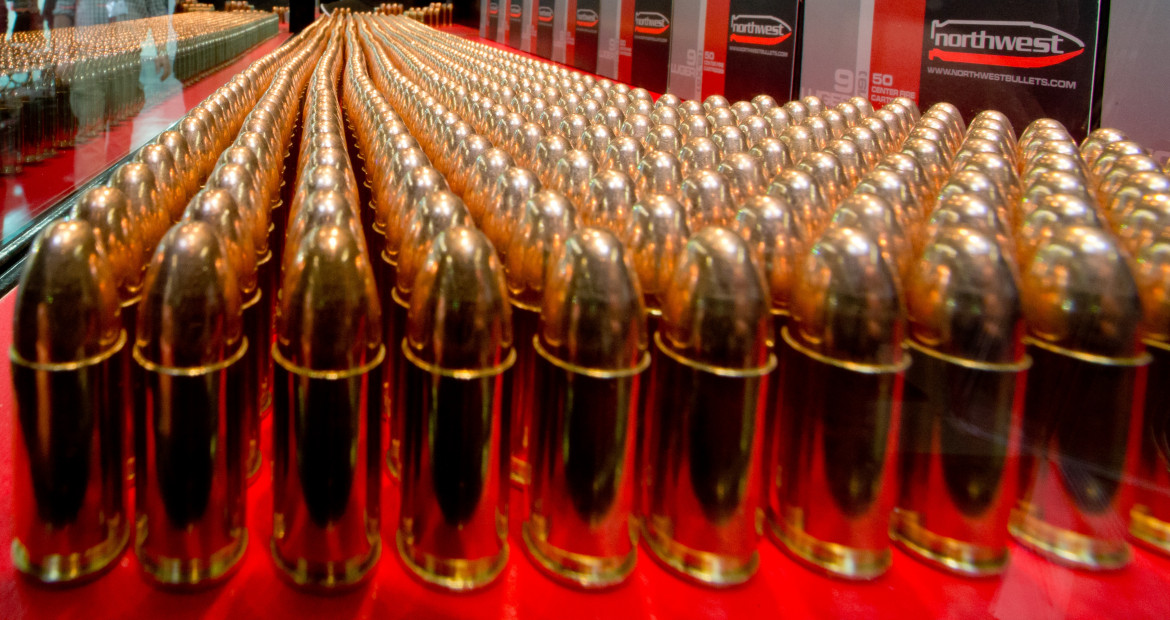Analysis
The Italian government wants to ease constraints on arms exports, but it will be a battle
Under the proposal, citizens would no longer be able to know which banks are involved in arms sales, perhaps to authoritarian countries with little respect for human rights.

From Parliament to the streets, there is a part of civil society determined to fight against the dismantling of Law 185/90, which for 34 years has been a tool to try to regulate the sale of Italian arms abroad. On Thursday, during a press conference at the Chamber of Deputies, Italian Peace and Disarmament Network spokesman Francesco Vignarca, Banca Etica president Anna Fasano and PD deputy Laura Boldrini said it clearly, criticizing the current initiative to amend the law: “This is a surrender by politics to the interests of the military and financial industry.”
The government has presented a bill, approved in January by the Senate Foreign Affairs and Defense Committee and already passed by the Senate on February 21, that introduces three amendments to the text which, according to the organizations opposing the bill, would further reduce transparency in the area of military exports, insulating it from the mechanisms of political debate.
In particular, information regarding lending institutions that profit from the arms trade may no longer be collected. That is, citizens will no longer be able to know which banks are involved in arms sales, perhaps to authoritarian countries with little respect for human rights.
“In the name of competitiveness, any form of control is eliminated,” Fasano said.
In addition, there are fears that the Office for the Coordination of the Production of Armament Materials, part of the Prime Minister’s office, will be eliminated, the only body able to put forward opinions, information and proposals for the reconversion of industries in the defense sector to civilian purposes.
“These changes are untethering industry more and more from a foreign policy that should be based on peace,” Boldrini said, lamenting the fact that war is now spoken of as a real possibility.
Finally, there is the possibility that the Inter-Ministerial Committee on Trade in Defense Armament Materials (CISD) will no longer receive information on the respect of human rights by countries that may be recipients of Italian exports, including from international bodies and nongovernmental associations.
“In practice, the government would rely only on its own embassies, thus downplaying the ability of other organizations to perhaps have a better perspective on the ground,” Vignarca explained, recalling that, in any case, this is only an option and not a requirement for the CISD.
Meanwhile, amendment proposals which incorporated the suggestions of the Network, put forward by the parliamentary minority groups and also by Stefania Craxi from the majority, signatory of the law, have been rejected.
“The industrial and financial apparatus linked to arms have been exerting pressure for a long time to eliminate the few constraints introduced by Law 185,” the speakers at Thursday’s press conference pointed out. “With this law, Italy was in the international vanguard, and now risks moving to the back of the pack in terms of transparency.”
This can also be seen if we look at what is happening regarding two of the major theaters of conflict at the moment: arms sales to Ukraine (distinct from “transfers” under the Defense Ministry) rose from €3.8 million to €417 million last year, without any discussion in Parliament; similarly, despite Foreign Minister Tajani’s assurances of a total freeze on exports to Israel after October 7, recent ISTAT data shows that he was only talking about issuing new licenses, not the general flow of arms, which has continued, estimated at more than €817,000.
The debate on the amendments will continue in the Chamber, while the Network is calling for a public demonstration on April 17 at the Libera headquarters in Rome.
Originally published at https://ilmanifesto.it/i-vincoli-allexport-di-armi-italiane-nel-mirino-del-governo-sara-battaglia on 2024-04-05
